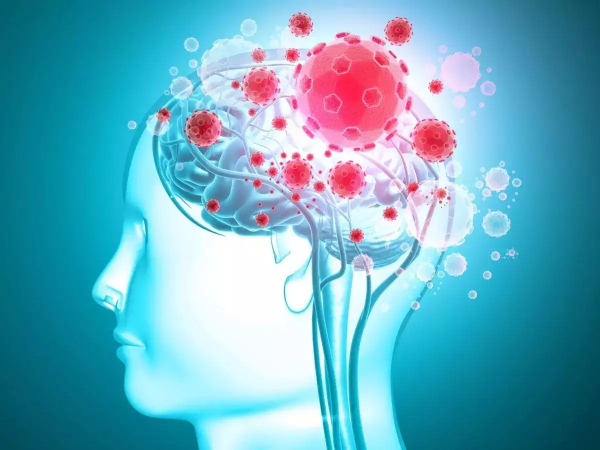Dr. John DenBoer, Ph.D., a clinical neuropsychologist, explains that changes in memory occur when people grow older. Some notice these changes early, while others experience them late. Family and friends are often the first to notice these changes in behavior, memory, and other physical and mental abilities.

According to John DenBoer, research studies show that memory loss can disrupt a person’s day-to-day life. One or more of these warning signs must consult a doctor to find the cause and implement ways to reduce the risk of dementia and Alzheimer’s disease.
The most common warning sign is forgetting and misplacing things, especially in the early stage. Other issues such as forgetting important dates and events and repeatedly asking for the same information means they should consult a doctor for proper diagnosis.
People living with dementia or Alzheimer’s disease often accuse others of stealing things. Dementia signs might include putting things in unusual places. Not only do they lose things, but they cannot find them easily. DenBoer says the frequency of accusing others of stealing increases over time, causing family and social problems.
A change in the ability to identify problems and resolve them efficiently and quickly should be a cause of concern. For instance, a person suffering from symptoms may find it challenging to prepare the same recipe they made a few months ago.
Likewise, losing track of paying monthly bills can cause major financial problems. The inability to concentrate and focus on things prevents them from identifying solutions and resolving them. Dementia seriously affects memory and prevents solving issues using brain skills.
Early diagnosis is essential for controlling the signs and symptoms of Alzheimer’s disease. Those with the onset of dementia can find it challenging to complete tasks on time. Therefore, they experience disruption in day-to-day life. For example, if a person fails to find a tie or shirt early in the morning and goes to the workplace late, it means they should consult a qualified doctor with credentials and experience in dementia.
Similarly, people may forget where things are and how they got there. On the other hand, age-related changes are different from dementia because it confuses thoughts at least once a week, while dementia confuses brain activity every day.
Some people with dementia suddenly find it difficult to concentrate on things and differentiate between visual images. Vision problems are a common sign of dementia and Alzheimer’s disease.
Difficulty reading words, determining colors, differentiating contrasts, and judging distances are additional examples. John DenBoer explains that these changes cause severe disruptions, especially when reading, writing, walking, running, and driving.
Anti-social behavior is another sign of dementia and Alzheimer’s disease. DenBoer says that when a person takes less interest in hobbies, social activities, family interactions, sports, and work projects, it is time to consult a qualified doctor.
Dementia is a serious mental health condition that severely affects the brain’s cognitive function and disrupts the ability to think, remember, and reason. These conditions can disrupt day-to-day life and prevent streamlining workplace activities.
About John DenBoer
John DenBoer possesses years of experience in diagnosing and treating dementia. He began as a VA Boston Healthcare System intern and became a Barrow Neurological Institute postdoctoral student. He has been selected multiple times during his career to lead presentations at national, local, and even international conferences due to his demonstrated expertise in today’s constantly evolving neuropsychology field.
John DenBoer says it is essential to seek early diagnosis and follow the doctor’s advice to control emotions and prevent personality changes.
Media Contact
Contact Person: Dr. John DenBoer
Email: Send Email
Country: United States
Website: https://mentaledgepsych.com/
